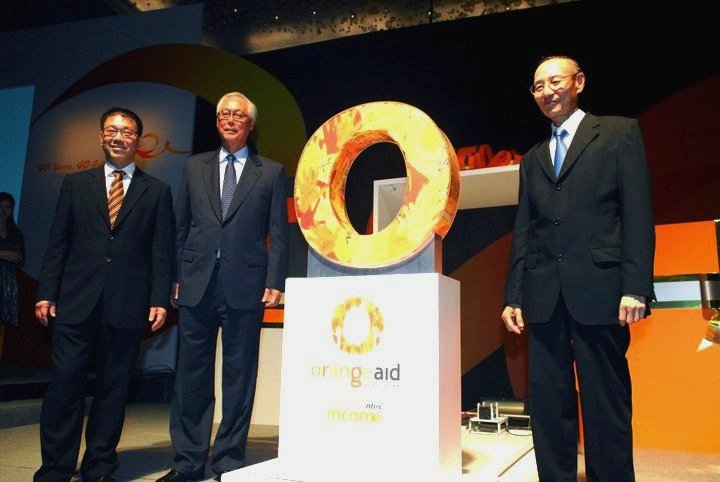Pakistan's Deputy PM Engages with Iran Amid Escalating Tensions
ISLAMABAD – On Friday, Pakistan's Deputy Prime Minister and Foreign Minister Ishaq Dar engaged in discussions with his Iranian counterpart, Hossein Amir-Abdollahian, amidst a backdrop of escalating military tensions in the region. This communication occurred as Iran executed a retaliatory missile strike against Israel, an action that has drawn widespread international concern and condemnation.
The missile strikes by Tehran were reported to be in retaliation for a series of Israeli airstrikes targeting Iranian nuclear facilities and senior military officials. According to a statement released by the Iranian military, the operation was intended as a direct response to what they termed 'unprovoked aggression' from Israel. The strikes triggered air raid sirens in various Israeli cities, marking a significant escalation in hostilities between the two nations.
The backdrop to this conflict is rooted in long-standing geopolitical tensions in the Middle East. According to Dr. Emily Thompson, a Senior Research Fellow at the Center for Middle Eastern Studies at Harvard University, “The dynamics between Israel and Iran have become increasingly volatile over the past decade, especially in light of Israel's ongoing military operations against what it perceives as threats to its national security.”
In his conversation with Amir-Abdollahian, Dar emphasized the importance of diplomatic resolutions and called for restraint from both sides. He stated, “Pakistan stands ready to facilitate dialogue and peace in the region. We believe that military aggression will only exacerbate the suffering of innocent civilians.” This sentiment was echoed by the Pakistani Prime Minister, Shahbaz Sharif, who reiterated the country’s commitment to regional stability.
The Iranian response has not only escalated military tensions but also raised concerns among international observers about the potential for a broader conflict. As noted by Dr. Karim Bakhshandeh, an expert in International Relations at the University of Tehran, “Iran's military actions are calculated to showcase its resolve against perceived threats but could also lead to miscalculations that spiral into wider confrontations.”
Furthermore, the United Nations has called for an immediate cessation of hostilities and urged all parties involved to prioritize diplomatic engagement. According to a recent report by the UN Office for the Coordination of Humanitarian Affairs (OCHA), the ongoing conflict has already resulted in significant civilian casualties and displacement, exacerbating the humanitarian crisis in the region.
International responses have varied, with some countries supporting Israel's right to defend itself, while others condemn the military actions as disproportionate. The United States, a long-time ally of Israel, has reiterated its support but also called for de-escalation. In a statement, U.S. Secretary of State Antony Blinken said, “We urge all parties to exercise restraint and avoid actions that could lead to further escalation.”
The implications of these developments are significant and multifaceted. Economically, the conflict could disrupt regional trade routes and energy supplies, as Iran has threatened to target shipping lanes in the Strait of Hormuz. Politically, the situation could realign alliances in the Middle East, with countries reassessing their positions amid fears of a wider conflict.
Looking ahead, the potential for diplomatic interventions remains critical. Analysts suggest that multilateral talks involving major powers could be essential in mediating the conflict. Dr. Sarah Johnson, a geopolitical analyst at the Brookings Institution, posits that “without a concerted effort from the international community, the risk of escalation will remain high.”
As the situation develops, the international community watches closely, hoping for a resolution that prioritizes peace over military confrontation. Both Iran and Israel have shown a willingness to engage militarily, yet the potential for diplomacy remains a vital pathway that could lead to de-escalation and stability in the region.
Advertisement
Tags
Advertisement





